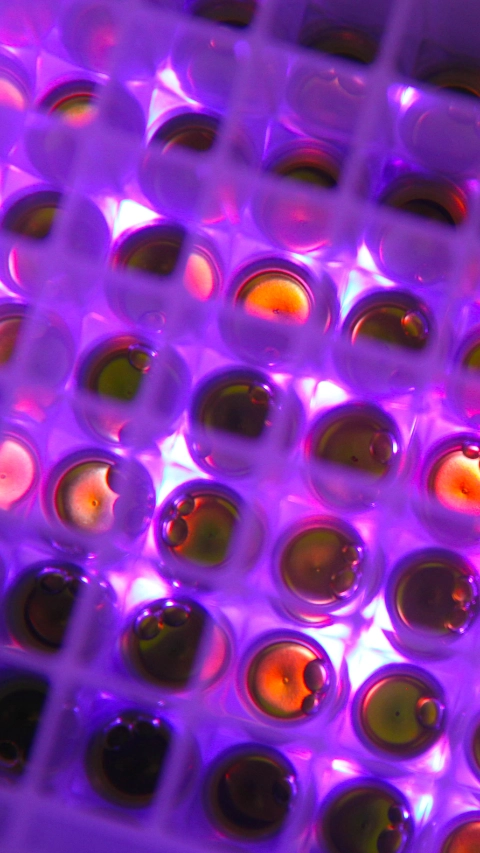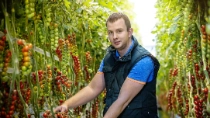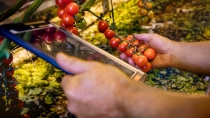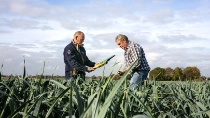Every year BASF invests many millions of Euros in research and development (R&D). Patents on plant-based innovations help to maintain an incentive for investments in innovation and foster technology development and transfer, allowing a broader diversity in plants to be developed to meet various agricultural demands today and in the future.
Such investment would be impossible if there was no return. That is why patents are important to guarantee the progress of research. That said, it is important to remember, that these investments are made without knowing whether there will be a return at all. Patents offer limited protection for up to 20 years and are confined to certain jurisdictions. They are the primary reason for companies to publish the results of their research results as a patent application. The publication of patent applications ensures that research results are publicly available for all universities, start-ups and other competitors (large and small). They can be used as a source of inspiration and breeding ground for further innovation. This ensures more efficient development with an increasing speed of innovation.
If patens and intellectual property rights were not available, companies would keep their research efforts secret, leading to inefficient simultaneous development and waisted resources leaving small companies and startups at a disadvantage. Patents help small and medium sized enterprises to contribute to technology development and extend market success through licensing.
In addition, BASF is a member of the International Licensing Platform (www.ilp-vegetable.org) under which we are committed to grant licenses to any fellow members in respect of all our trait-patents. The ILP establishes a limited breeder’s exemption for all members to breed with varieties protected by utility patents and the ILP is open to all seed companies willing to participate. BASF is also transparent about varieties which contain a patented trait, so that others can approach us for license requests if they see benefits in the trait. When varieties with a patented trait are commercialized, these are entered into the database PINTO (Patent Information and Transparency On-line), which anyone can consult.






